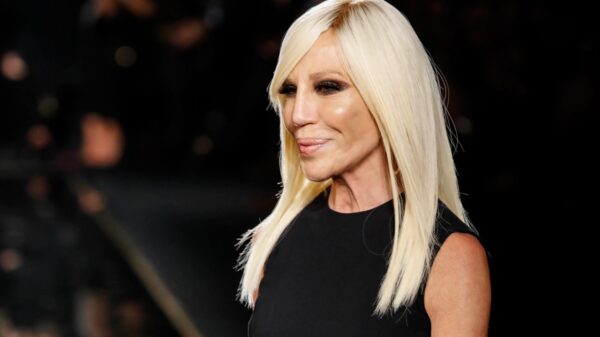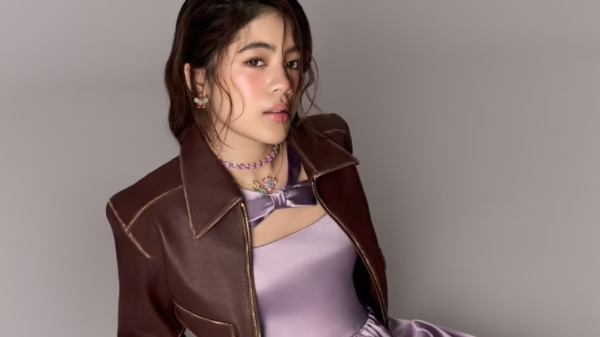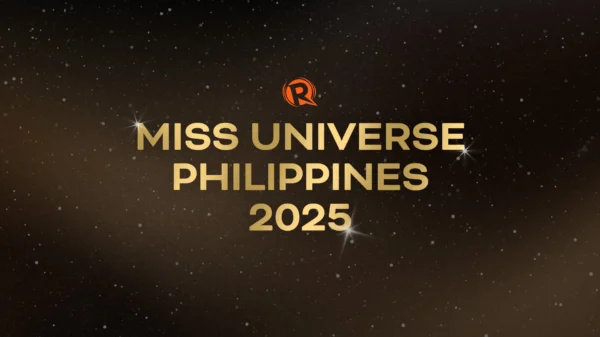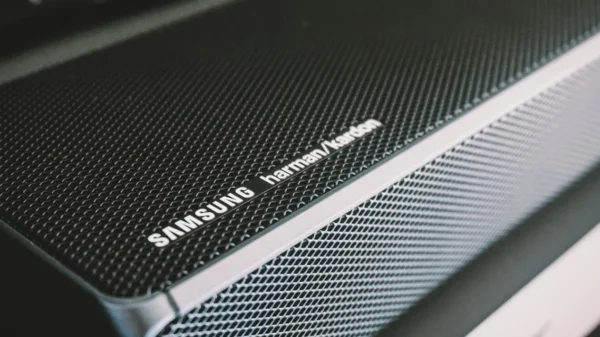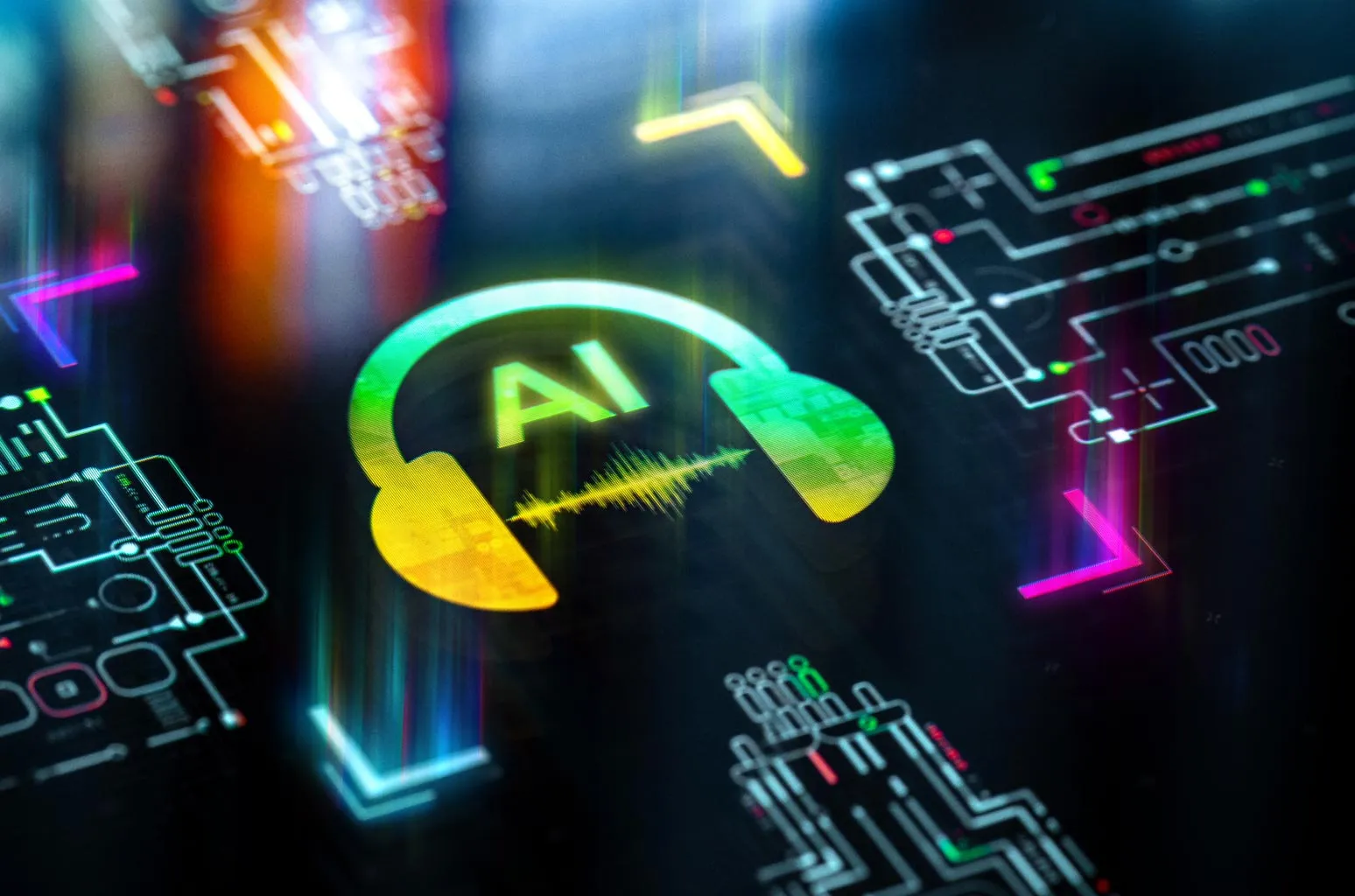Title: AI vs. Music: Court Ruling Favors Anthropic in Copyright Clash
Introduction: The Rise of AI in Creative Spaces
As artificial intelligence continues to disrupt traditional creative industries, the music world finds itself at the center of a rapidly intensifying legal and ethical debate. On March 2025, a significant development in this evolving story unfolded when a U.S. court denied an injunction requested by Universal Music Group and other major record labels against Anthropic, an AI company behind the advanced language model Claude. The decision has sparked widespread attention, raising crucial questions about the boundaries of copyright law in the age of generative AI.
The Allegations: Copyright Infringement by AI
At the heart of the case was the accusation that Claude, Anthropic’s AI chatbot, was capable of generating and reproducing copyrighted song lyrics upon request. According to the plaintiffs—Universal Music Group, Concord Music, and other leading music publishers—this amounted to unauthorized use of intellectual property. They claimed Claude had infringed on the copyrights of over 500 songs, effectively distributing protected content without licensing or payment. These actions, they argued, posed a direct threat to the economic interests and creative rights of songwriters and publishers.
The Defense: Freedom to Innovate and Lack of Harm
Anthropic countered the lawsuit by asserting that its AI system was not programmed with malicious intent nor designed specifically to copy protected content. Instead, it operates by generating responses based on patterns found in its training data. The defense emphasized that Claude’s functionality should be viewed within the broader context of fair use, innovation, and machine learning. Most importantly, Anthropic and its legal team highlighted the absence of measurable financial or reputational damage caused by the AI’s outputs—an argument that ultimately swayed the court’s decision.
The Court’s Ruling: No Evidence of Immediate Harm
In denying the injunction, the U.S. court held that the plaintiffs had failed to prove that Anthropic’s chatbot caused any direct market or reputational harm. The court acknowledged the novelty of the case but stood firm on the legal principle that speculative damages are insufficient grounds for granting injunctive relief. Without clear evidence that Claude’s lyric reproductions resulted in lost revenue or diminished the value of the original works, the judge concluded that halting Anthropic’s operations would be premature and potentially detrimental to technological progress.
Industry Reactions: Divided Opinions
The ruling has sent ripples through both the music and tech industries. While many AI developers and digital rights advocates hailed the decision as a win for innovation and the open development of generative technologies, record labels and artists voiced concerns over what they perceive as a loophole that allows companies to profit from their creative labor. Some have warned that if unchecked, AI systems could devalue original music by flooding the market with machine-generated imitations.
The Legal Grey Area: Challenges of Regulating AI
This case underscores the broader challenge of regulating artificial intelligence within existing legal frameworks. Traditional copyright laws were not designed with machine learning or AI-generated content in mind, leading to a murky landscape where intent, originality, and ownership become difficult to define. As AI becomes more integrated into the creative economy, courts, lawmakers, and creators will likely face mounting pressure to revise and modernize intellectual property regulations to address emerging technologies.
Future Implications: Precedent for AI and Copyright Law
Although the court’s ruling does not end the legal battle—it merely denies the preliminary injunction—it sets an important precedent. It signals to courts and stakeholders that allegations of copyright infringement by AI must be accompanied by tangible evidence of harm. It also encourages developers of generative AI to continue innovating while being mindful of potential legal pitfalls. Moving forward, companies may need to build more transparent models and explore licensing agreements to mitigate risk.
Conclusion: A New Chapter in Human-Machine Creativity
The clash between Anthropic and the music industry marks only the beginning of a larger, more complex struggle over the role of artificial intelligence in the creative arts. As legal frameworks scramble to catch up with technological advancements, stakeholders from both sides must navigate this uncharted territory with caution and collaboration. Whether AI becomes a powerful tool for artists or a source of disruption depends largely on how the industry, lawmakers, and the public choose to adapt. For now, the court’s decision provides a temporary green light for AI innovators, but the debate is far from over.

